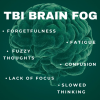A headache is a painful sensation in any part of your head that is usually throbbing or constant. It can range from sharp to dull pain and can make it difficult for people to carry out their everyday routines and activities. It is common for individuals to experience recurrent and long-lasting headaches after sustaining a traumatic brain injury. This may be caused by various factors, which include:
- Changes in your brain caused by the injury
- Skull or neck injuries that have not yet healed
- Tension or stress
- Medication side effects
There are different types of headaches that an individual with TBI may experience. The most common ones are migraine headaches, tension-type headaches, Cervicogenic headaches, and rebound headaches.
| Types of Headaches | Description | Symptoms |
| Migraine | A migraine is a severe throbbing or pulsing sensation that is recurrent and usually occurs on one side of the head. |
|
| Tension | Tension headaches are usually associated with muscle tension, muscle spasms, or stress |
|
| Cervicogenic | A cervicogenic headache is caused by other illnesses or physical problems, such as injury to the muscles and soft tissues in the neck or back of the head. |
|
| Rebound | Rebound headaches usually occur when a person over uses or misuses headache medication (i.e., missing a dose after taking it daily). It can also happen when you limit the amount of caffeine that you normally use. |
|
General strategies that individuals with TBI can use to relieve headaches are:
- Yoga or meditation
- Stretches or self-massage
- Heat or ice packs
- Taking over-the-counter pain medications, i.e., Tylenol or ibuprofen
- Rest in a quiet, dark room
- Stay hydrated with water
- Get good and adequate sleep
- Limit alcohol
- Get regular exercise
References:
https://msktc.org/tbi/factsheets/headaches-after-traumatic-brain-injury
For more TBI Glossary Terms, click here.



